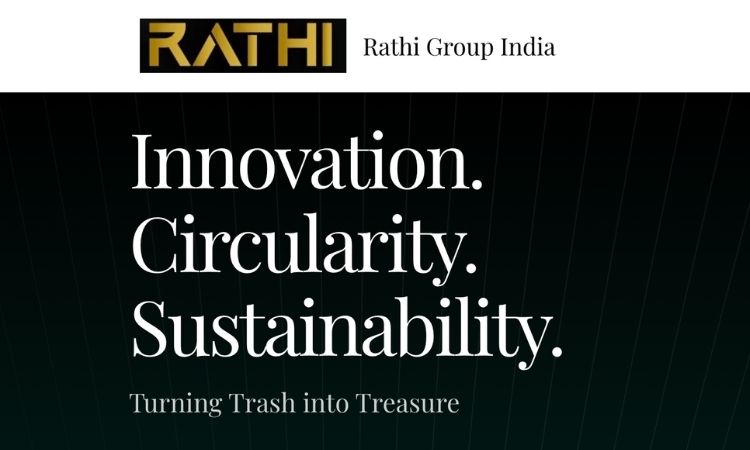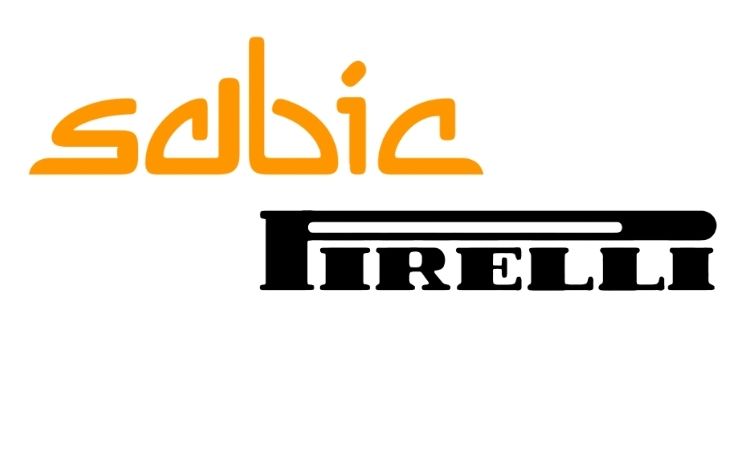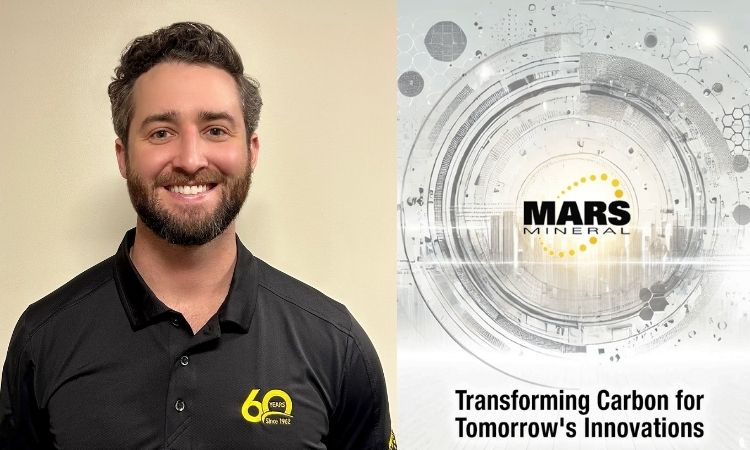Chile's mining industry faces new recycling obligations for end-of-life tires
According to Bnamericas platform, Chile recently enacted the extended producer responsibility (EPR) law, which compels the mining industry to take responsibility for recycling 25% of their end-of-life tires (ELTs) and storing at least 50% of them, either directly or through a third party.
This regulation applies to producers, importers, sellers, and waste managers, as ELTs from mining trucks pose a significant environmental concern. Unlike car tires that weigh around 9kg each, conventional truck tires weigh approximately 38kg, and mining truck tires can be as heavy as 4,000kg.
Currently, Chile discards about 6.6 million tires annually, generating around 140,000 tons of waste. Only 17% of this waste is properly dealt with, according to the environment ministry. Additionally, Chilean Association of Tire Retreading and Renovation (ARNEC) has warned that out of 1.2 million tires used for cargo and passenger transport, only 200,000 are being retreaded.
The EPR law mandates companies to progressively increase the collection and recycling of ELTs due to their severe environmental impact, adhering to the 'polluter pays' principle. Despite a claim filed by some automotive companies against this law, the national environmental court has rejected it, leaving firms with no choice but to comply.
In response to the requirements, the environmental division of the local business group Arrigoni has set up an ELT recycling plant in San Francisco de Mostazal, approximately 65km south of Santiago, to assist the industry in meeting the mandated tire recycling goals.
BNamericas interviewed Gianfranco Arrigoni, the CEO of Arrigoni Ambiental NFU, to delve into the foundations of the EPR law, the company's approach to recycling, particularly in the mining industry, and the potential for progress in the circular economy.
To read the full interview, proceed to the original article.
Weibold is an international consulting company specializing exclusively in end-of-life tire recycling and pyrolysis. Since 1999, we have helped companies grow and build profitable businesses.









